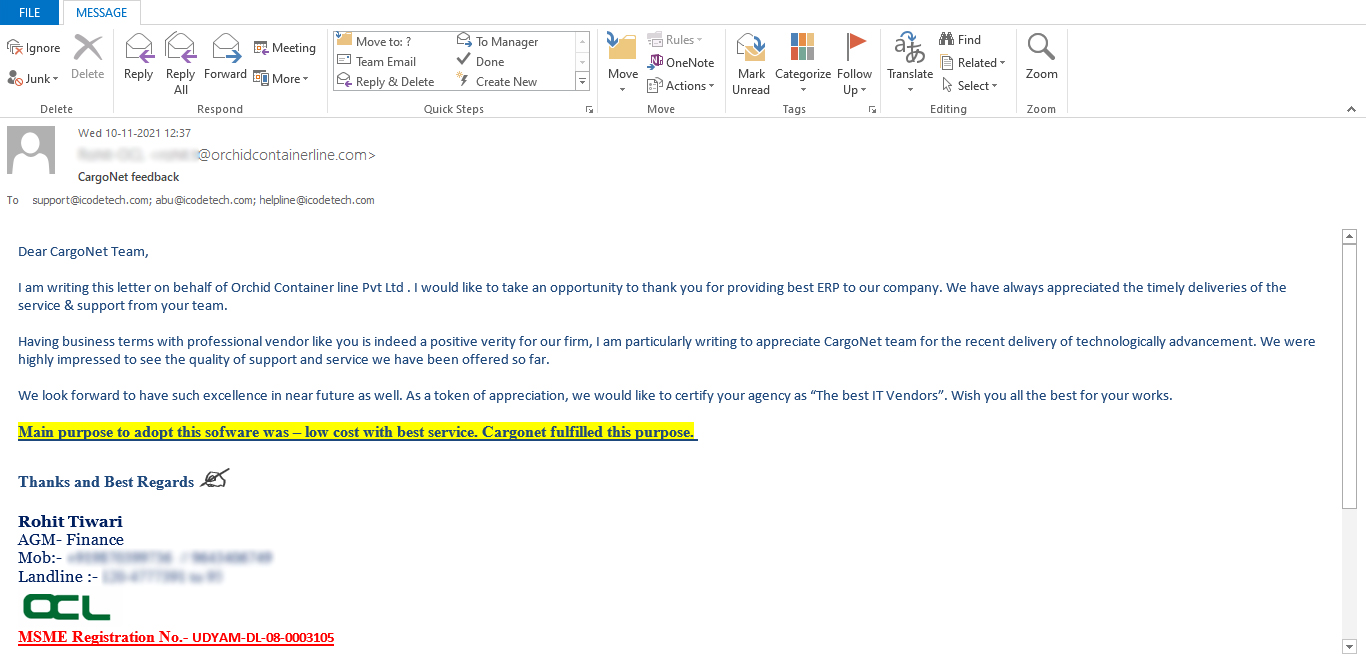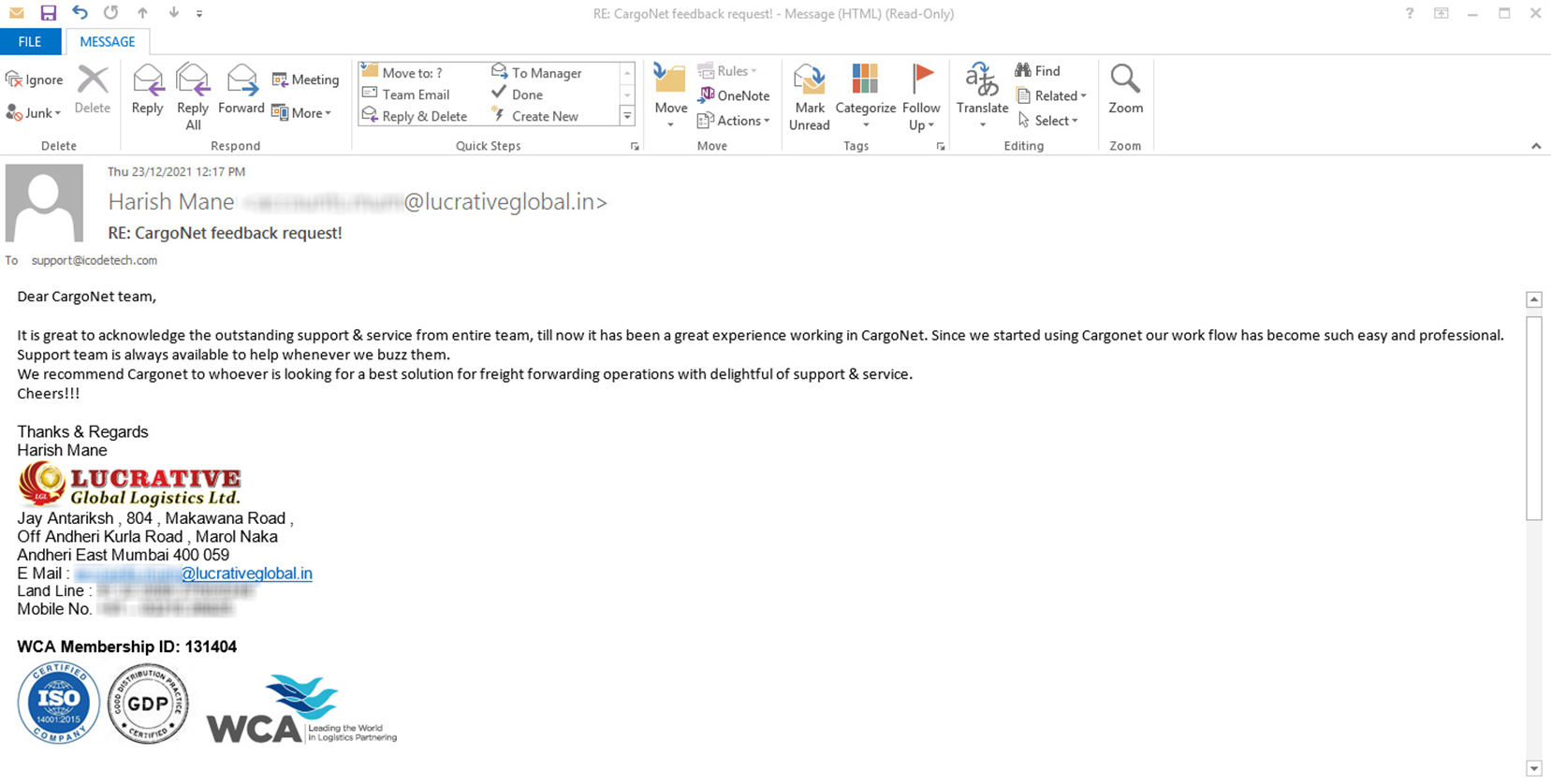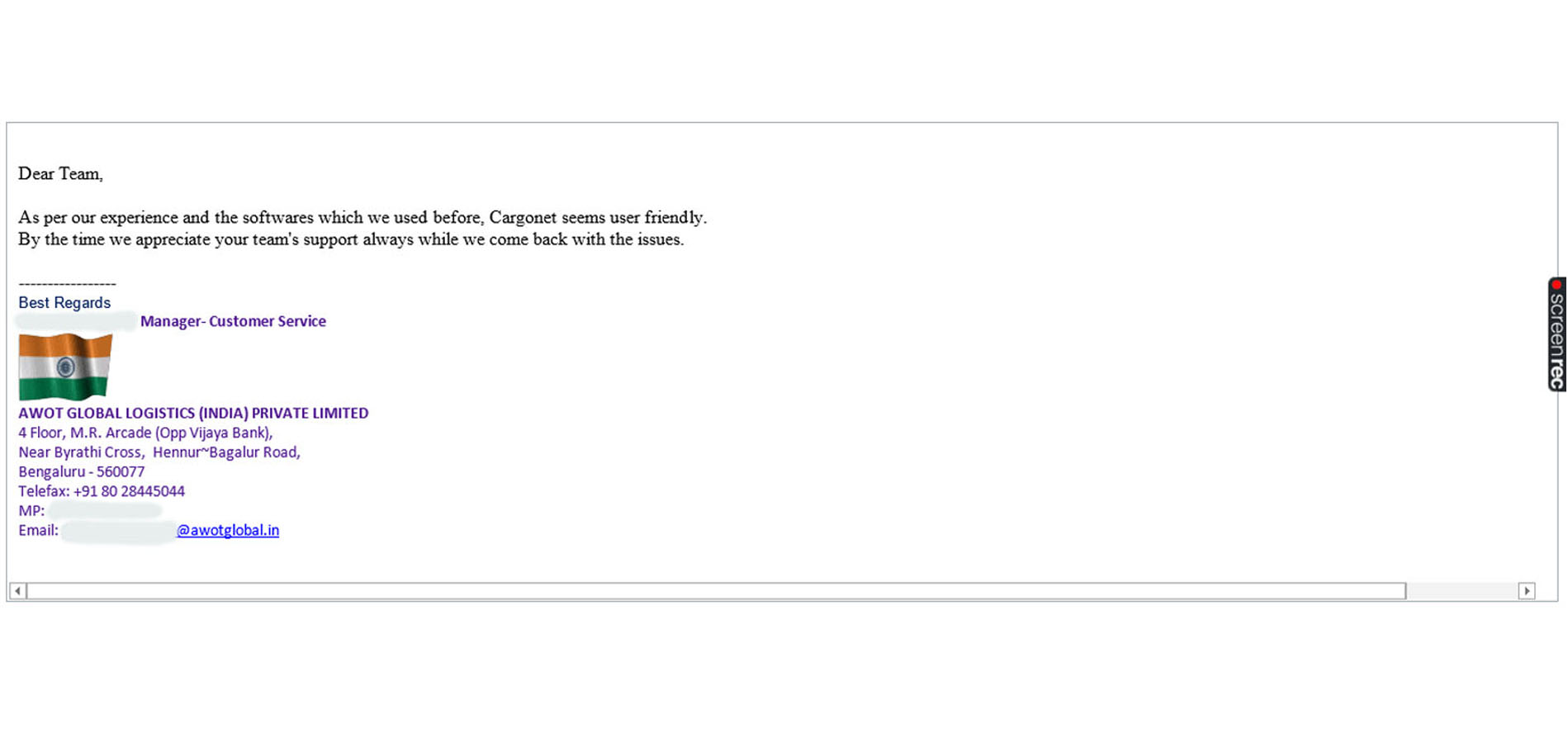India is shifting gears towards a cleaner, greener future, setting the stage to become a global leader in electric vehicles (EVs). With one of the world’s largest automotive markets and a fast-growing population, India is driving innovation and investment in EV technology
The nation’s EV market is on a high-voltage growth track—expected to surge from ₹27,417 crore (US$ 3.21 billion) in 2022 to a staggering ₹9,73,589 crore (US$ 113.99 billion) by 2029. Former NITI Aayog CEO and G20 Sherpa, Mr. Amitabh Kant, emphasized the urgency of transitioning to sustainable mobility, warning that delay could cost India its shot at becoming the world’s top EV manufacturer.
By 2030, India aims to have:
- 30% EV market penetration
- 80 million EVs on the road
- A booming EV battery market worth ₹2,36,586 crore (US$ 27.70 billion)
Government initiatives like the PM E-Drive scheme are accelerating progress by offering incentives, infrastructure development, and industry partnerships. The government’s ‘7C Vision’ – Common, Connected, Convenient, Congestion-free, Charged, Clean, and Cutting-edge – is paving the way for affordable financing and a robust charging ecosystem.
Key Highlights: India’s EV Revolution
- Explosive Market Growth:
From ₹27,417 crore (2022) to ₹9,73,589 crore (2029) – a 35x increase in market value.
- Ambitious National Target:
80 million EVs on Indian roads by 2030 with a 30% share in overall vehicle sales.
- Battery Market Surge:
Projected to grow from ₹1,43,233 crore (2023) to ₹2,36,586 crore (2028).
- Policy & Infrastructure Push:
PM E-Drive scheme, state incentives, and industry-government collaboration are accelerating EV adoption.
- Charging Network Expansion:
Over 12,000 public charging stations in operation; 1.32 million needed by 2030.
- 7C Vision for EV Mobility:
A strategic framework promoting sustainability, convenience, and innovation.
- Industry Leaders in Action:
Tata Motors, Mahindra & Mahindra lead the charge, with strong support from JSW and Reliance Infrastructure.
- Future Projections (S&P Global Mobility):
EV penetration to hit 19% by 2030 and 32% by 2035.
- Collaborative Ecosystem:
Joint efforts in local manufacturing, battery R&D, and skill development are essential for long-term success.
With strong policy support, industry commitment, and an innovation-driven mindset, India is well on its way to becoming a global powerhouse in electric mobility—clean, connected, and future-ready.



















